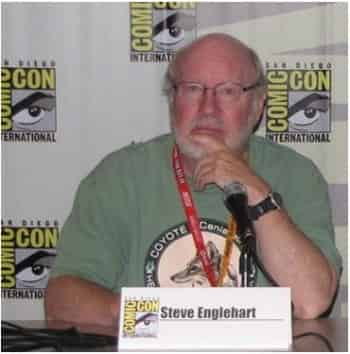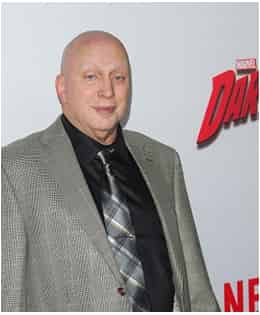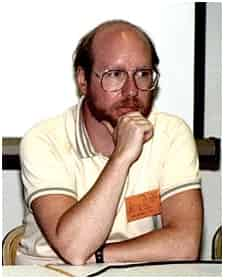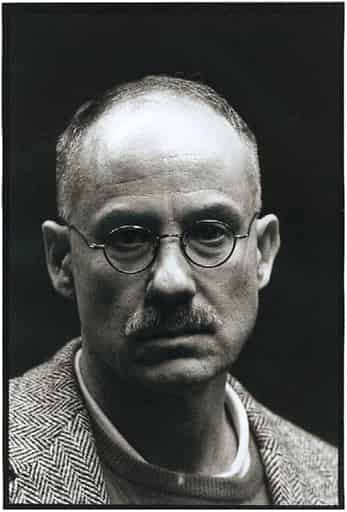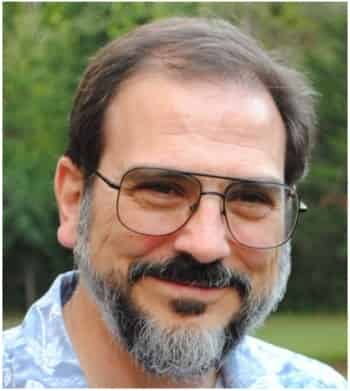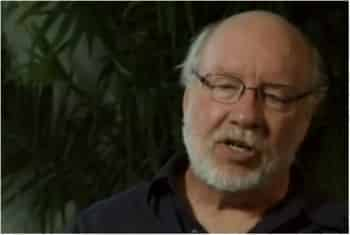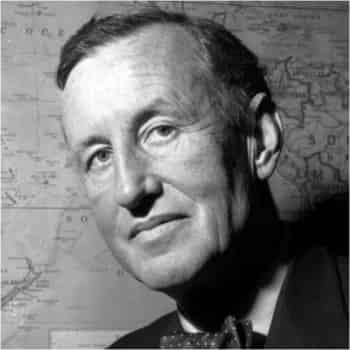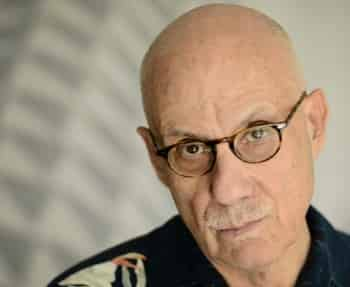
Writers
More again Steve Englehart
In October 2010, Jeffery Kleahn (jeffreyklaehn.blogspot.com) interviewed Steve Englehart, who said: “If you’re trying to write thrillers like I do, you need a coherent plot, at least as a framework. But then you have to let the characters be who they are.” We feel that such respect for the character is essential. Otherwise, characters become mere mouthpieces for the authors, at the expense of psychological unity.
Roger McKenzie
On the site daredevil.omegacen.com, which tracks different eras in the Daredevil narrative, a whole chapter is dedicated to the stories created by Roger McKenzie. It says that “McKenzie was more interested in standard comic super-heroics, and those people who follow the issues […].” When we think about these writers who blend into the environments they must write about, we spare a thought for all of the Roger McKenzies of the world who may not have left a mark on comic book history, but left a mark in our memory with their elegant storytelling.
More on Steve Englehart
In October 2010, Jeffery Kleahn (jeffreyklaehn.blogspot.com) interviewed Steve Englehart, who said: “I was writing Captain America and America was transfixed by Watergate, and I couldn’t see how Captain America could NOT react to that – so I started commenting on real-world events. I found that even though I was writing fantasy, the more firmly it grounded in reality, the better it was.” In our opinion, this connection with reality allows readers to have something in common with the fictional character.
Respecting the hero’s world
On July 14, 2011, Peter DeCourcy wrote on Comicbookdaily about the theory of comic-book writers. In his opinion, there are only four or five authors who really stand out from the herd within the US comic book universe, and he seemed to deplore the fact. We disagree. We worry about authors who want to impose their narrative style onto a universe that already has a very rich existence. Sometimes it seems that more emphasis is placed on a distinct style than on the main character, which the style is supposed to render.
Back to James Ellroy
We found a quote written by James Ellroy in the introduction to the first volume of the American Tabloid trilogy: “It’s time to embrace bad men and the price they paid to secretly define their time.” The sentence is a tribute to Ellroy’s talent. It’s also consistent with the spirit of our stories, and it’s an apt way to end the discussion on our obsession with bad guys.
Roger Stern
Like Steve Englehart, Roger Stern is another less-conspicuous author. While someone like Alan Moore tries to include his thoughts and obsessions into his work, someone like Roger Stern tries to stay firmly anchored to the myth he is in charge of writing about. Stern only created a few issues of Captain America, but he developed stories that filled gaps left by other stories written many years before. We admire this willingness to serve the mythology through careful evolution rather than by revolutionizing the hero’s whole universe.
Steve Englehart
Some comic-book writers are iconic, but there are also other more low-profile writers who were also influential. Steve Englehart, who worked at Marvel during the 70s, is one of the latter. While everyone raves about the work of Alan Moore, I think we shouldn’t overlook writers like Englehart who incorporated very contemporary issues into his stories. Take for example the Watergate subtext in the “Secret Empire” saga (for instance, in issue 175 of “Captain America”) and corruption in the business world, which is shown through Roxxon Oil (“Avengers” issues 141 to 149). Englehart also had a gift for creating coherent worlds that were well adapted to the titles he worked on. He served the storylines without twisting them around to fit his own style. Because of that, some claim he lacked personality, but we feel this demonstrated great skill and respect for the reader.
Alan Moore
Citing the influence of Alan Moore is a cliché in the world of comic books because he had such an impact on comic-book narration. We will confess to not having read his classic “Watchmen” or “V for Vendetta” series. But the first nine issues of his “Miracleman” had a profound impact on our story construction. We could talk about this at length, but this review taken from the French comics website www.sceneario.com says it all: “Moore writes with a great deal of finesse, playing with monologues, thoughts, voice-offs, etc. He brings the reader into a very realistic, very dark and disappointed world… What has happened to our childhood heroes? [translation]”
Being confortable with shades of grey
In his preface to the works of Ian Flemming, Francis Lacassin criticized the author of the James Bond stories for having created such black-and-white villains—bad guys that the police feel compelled to shoot on sight the first time they are seen in public because they are just so ugly, ridiculous or flagrantly tasteless. But some heroes can be ugly, just like some villains can be attractive. The same goes for their personalities: heroes as much as villains can display some flaws (like cowardice, for example). Our goal isn’t simply to turn all of the clichés on their heads, but rather, to have characters that offer a wide range of dramatic motivations, rather than just reactions that too often seem contrived.
Specifics about time and place
Our scenes often begin by specifying the location and the date and time. Several months after the first scripts had been written, we reread James Ellroy’s Underworld USA Trilogy, and noticed that he starts each chapter by specifying the city and the day where the action takes place. Surely, this was a subconscious influence on our approach.
Still on the topic of James Ellroy, we love the way he integrates his small plots into the grand scheme of History (with a capital H) and we take something of that away for our own scripts. So even if the action in our story is taking place in a contemporary setting, our heroes won’t affect the course of history. In fact, they are much more likely to be affected by it.


